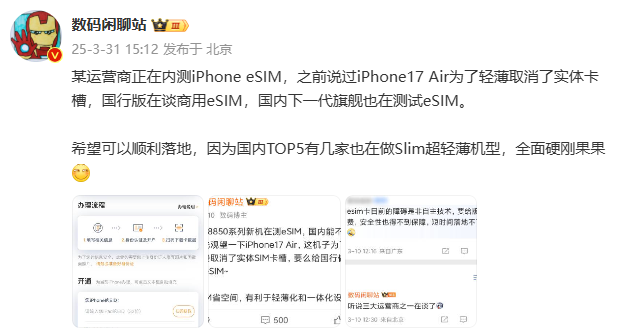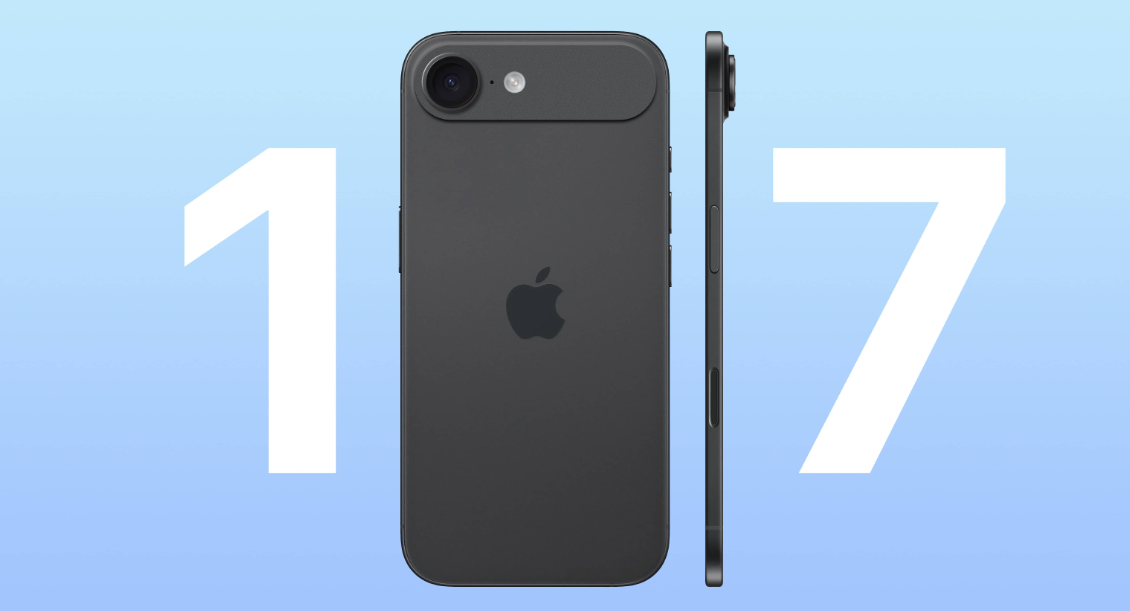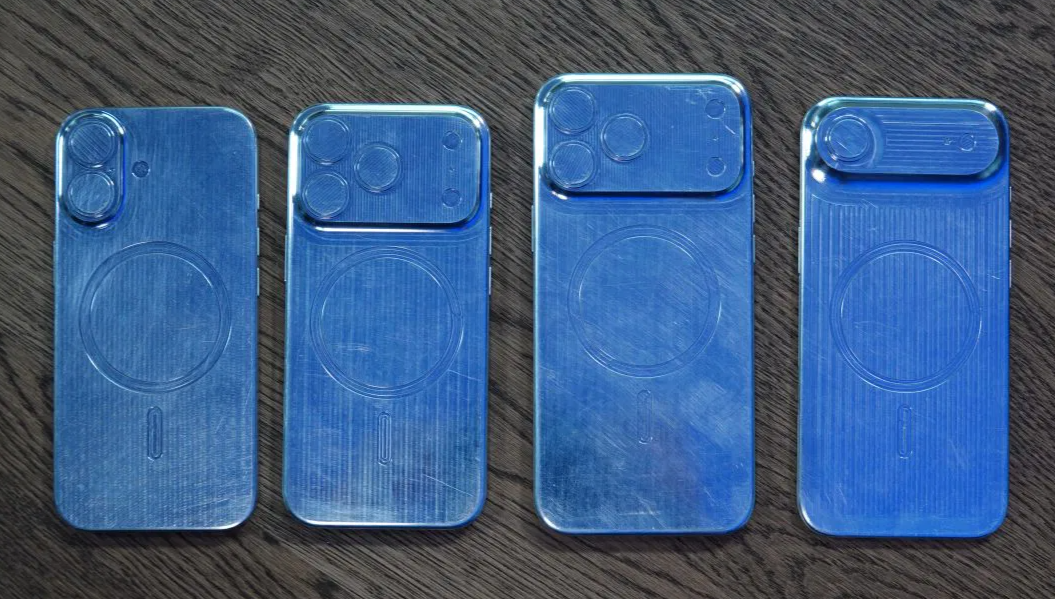iPhone 17 Chinese Version Receives Major Update: Finally Aligning with International Standards!
![]() 04/01 2025
04/01 2025
![]() 518
518
When asked what upgrades the iPhone still lacks to meet international benchmarks, some might struggle to answer. The response, however, is straightforward. One notable omission is the absence of eSIM support, a feature highly anticipated by many domestic iPhone users. There are no significant technical hurdles preventing this; eSIM is already widely adopted in domestic IoT applications, and Apple Watch has supported it for some time. Naturally, everyone hopes smartphones will soon follow suit, with Apple playing a pivotal role in driving this change, potentially by the end of this year.
In the international arena, the iPhone XR was the first to embrace eSIM, which has since gained popularity in numerous countries and regions. The delay in China's adoption is complex, but with no major technical obstacles, implementation will be swift once all parties reach an agreement. The iPhone 17 Air is anticipated to be the first domestic model to offer eSIM support, fueling excitement among netizens.

According to online leaks, a domestic carrier, likely China Unicom, is currently testing iPhone eSIM functionality. While this could facilitate China Unicom in attracting users from rival carriers, it also poses higher demands on its related services. Nonetheless, initiating tests more than six months in advance should ensure a seamless eSIM experience for iPhone users by the time it launches. While this is largely confirmed, with the iPhone 17 Air definitely included, several questions remain.
Firstly, regarding support scope, the iPhone 17 series comprises four models. The leaks do not specify whether the other three models, excluding the ultra-thin version, will also support eSIM. Personally, I believe the likelihood is low. Based on past precedents, Apple has not historically provided such broad model support. Even if the aim is to boost the iPhone 17 Air's selling points, Apple might hold off on full-series support until next year. Secondly, there's the issue of package fees, which I personally believe will not differ significantly from existing physical SIM cards.

The primary concern revolves around functionality. Some users fear it will only support data access and not calls. Personally, I find this possibility minimal. Since China Unicom is enabling eSIM support for the iPhone, it is unlikely to offer a half-baked product. Additionally, some worry about being forced to choose a specific package, but I personally believe China Unicom will not impose such restrictions. Instead, any form of physical SIM card can be replaced with an eSIM when changing phones.
The benefits of eSIM are numerous. It offers convenience and more options for users. Furthermore, without a SIM card slot, the phone's waterproof performance significantly improves, allowing for a thinner design. This is a crucial factor in the iPhone 17 Air achieving a thickness of 5.5mm. Some wonder if, with eSIM support, they can directly switch to a foreign carrier's SIM when traveling abroad. Personally, I think the chances are slim.

With Apple taking the lead, several leading domestic manufacturers are expected to follow suit and conduct related tests. However, their release timetables will undoubtedly lag behind that of the iPhone 17 Air.








